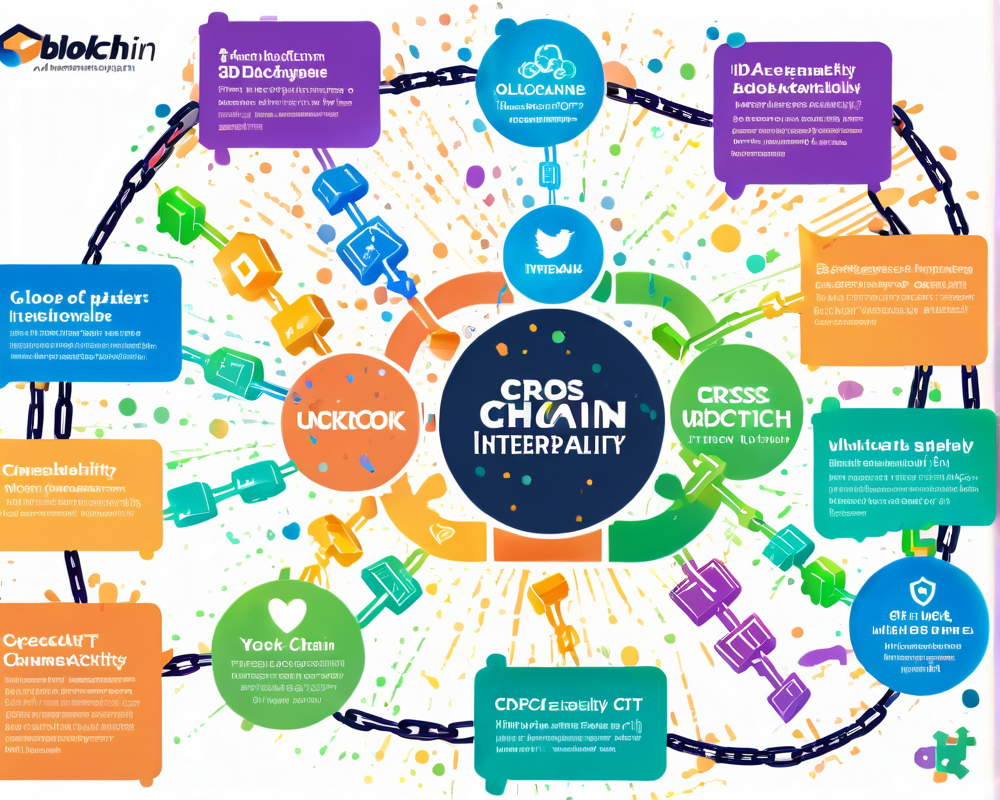Understanding Blockchain Interoperability
Blockchain technology is akin to a bustling city filled with various neighborhoods that have their own unique charm. However, these neighborhoods don’t always play nice together. With the growing number of blockchains—each boasting unique features and limitations—we’re facing a dilemma: how do we make these individual ecosystems communicate? This challenge, known simply as blockchain interoperability, is a significant barrier to widespread adoption. Think of it as having four different types of coffee but only being able to drink one at a time. Yikes!
Why Does Interoperability Matter?
If you’ve ever tried to send a text from an iPhone to an Android and had to download a third-party app just to make it happen, you understand the frustration of lack of interoperability. For blockchain technology to reach its full potential, individual networks need to play together without a hitch. Why? Because a decentralized world is only effective if everyone can collaborate seamlessly. If not, we’re just a group of individuals shouting into the void.
One-size-fits-all or Cross-chain Bridges?
The debate rages on: do we aspire for a universal blockchain, or favor the flexibility of cross-chain bridges? Some enthusiasts believe that a single blockchain to rule them all could do the trick, while others like to think outside the box, opting for bridges to link these digital archipelagos. It’s like choosing whether to build a highway or a series of connecting roads—each option has its pros and cons!
Meet Multichain: The Ultimate Router
Enter Multichain—the knight in shining armor that’s here to rescue us from solitude in the blockchain wilderness. Marketed as the ‘ultimate router’ for Web 3.0, Multichain creates a freeway for blockchains to effortlessly interoperate. Think of it as a virtual delivery service that ensures your packages from different providers make it to the same party on time!
anyCall: The Game Changer
With their latest release, anyCall, Multichain takes a giant leap forward. This innovative protocol allows users to send messages and execute contracts across different chains as if they were chatting over coffee. Imagine sending a friendly contract from Chain A to Chain B without the awkward small talk! Users can make use of two primary functions, anyCall and anyExec, each serving as tools to facilitate smooth, secure interactions across the board.
Securing the Cross-chain Experience
What about safety, you ask? Fear not! Multichain employs a Secure Multi Party Computation (SMPC) network that ensures these cross-chain exchanges remain fortified. By leveraging a sophisticated algorithm known as the Threshold Signature Scheme, users can rest assured that their transactions are secure—kind of like keeping your most treasured snacks behind a lock and key.




